Guest Post – Top 10 Literary Influences by Louise Cole
Today I have a fab guest post from the lovely Louise Cole in celebration on the release of her YA Thriller The Devil’s Poetry.
The Devil’s Poetry was released on the 13th June and you can see a spotlight post on the book here.
So today Louise is chatting to use about her Literary Influences….
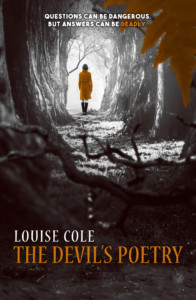
Questions are dangerous but answers can be deadly.
Callie’s world will be lost to war – unless she can unlock the magic of an ancient manuscript. She and her friends will be sent to the front line. Many of them won’t come back. When a secret order tells her she can bring peace by reading from a book, it seems an easy solution – too easy. Callie soon finds herself hunted, trapped between desperate allies and diabolical enemies. The Order is every bit as ruthless as the paranormal Cadaveri.
Callie can only trust two people – her best friend and her ex-marine bodyguard. And they are on different sides. She must decide: how far will she go to stop a war?
Dare she read this book? What’s the price – and who pays it?
Commended in the Yeovil Prize 2016, this is an action-packed blend of adventure, fantasy and love story.
Top 10 Literary Influences
When Tales of Yesterday asked me for my top 10 fictional inspirations, I really had to sit and think. It’s one of those questions that you are sure you’ll be able to answer and then, the more you consider it, the further a true answer seems to run.
1
Like most writers I’ve been an avid reader since I was very small, so my first pick has to come from those books which seeded my love of story. My wonder at being able to escape into another world, live other lives. That sense of magic from being totally absorbed in a new book.
The first book I can remember wanting to live in was Judith Berrisford’s Jackie Won a Pony – I warned you I was going way back to childhood. I suspect my first attempts at writing a story were my own pony books, now mercifully lost to my mother’s ruthless housecleaning. Berrisford led me on to other wonderful novelists like Patricia Leitch and, of course, Monica Dickens.
2
The next significant influence was KM Peyton. Peyton created whole worlds – and stories that, amazingly, went beyond horses, a development I wasn’t entirely convinced by when I was 12 – but she also created characters with depth. People who grew and changed. The discovery of characters like Ruth Hollis, who was growing up just a little ahead of me, or Flambards Christina Parsons, helped shaped my sense of how complex people could be. And how very interesting it was to watch them ‘put away childish things’ and become adults. It didn’t hurt that all those books featured men I fancied like mad. (Mind you, I always fancied the slightly brutish Mark over scared-of-horses William, which just shows that literature can’t teach you everything.)
3 & 4
By now I’m starting to perceive that there is a whole world of literature around me. The books that finally settled in my soul and I believe shaped me as a writer are….
Mary Stewart’s The Crystal Cave trilogy and Tolkien’s Lord of the Rings. (I never did like The Hobbit.) They probably share the responsibility of ruining me for literary fiction. Although I later read English at Oxford and paid due homage to all the classics of the English cannon, nothing has ever exerted so strong a pull on my imagination. I never wanted to be a character in Dickensian London or George Elliot’s Middlemarch… but Middle earth? I’d go in a heartbeat, orcs and all.
5
OK, so this will seem an odd choice after the childish escapism and epic fantasy I’ve listed so far. Jane Austen. I remember reading Austen at a teacher’s suggestion when I was 11 and just not getting it. I wasn’t old enough to understand her wit or her beautiful control of language. But I got there. There’s probably no other author who has taught me as much about economy or restraint as a writer, or about affectionately showing your characters in all their flaws. In The Devil’s Poetry, Callie probably has quite a lot in common with Austen’s Emma, although I hadn’t thought of that before writing this piece – she too misinterprets and makes poor choices and has to grow past her self-obsession to really understand what other people want and need.
6
Six is Emily Bronte with Wuthering Heights. If you think WH is a love story, read it again. It’s a masterpiece in narrative technique. Ellen Dean is no loving housekeeper to that family. I think she’s a jealous woman and a totally unreliable narrator – as is Lockwood because he’s a fool. And yet it is from their accounts, a gossip and a fool, that we build our idea of Catharine Earnshaw and Heathcliffe. Emily taught me trust no one and always to read between the lines.
7
Umberto Eco’s Name of the Rose. Probably one of the most perfect books I’ve ever read. There is the detective story, with its medieval Sherlock Holmes character. There is the young novice who gives us our Watson. There is the dark and terrifying backdrop of the inquisition and such a vivid recreation of the snow-bound monastery that I can still imagine it 20 years later. And, of course, ultimately he’s talking about books and ideas. The reader as the detective, following the clues through the novel and how wonderfully dangerous and subversive books can be…
8
Gosh, I’ve talked a lot. OK, the next two camps are easy. I have this theory that every writer should write a thriller, if only for practice. So much of writing a novel is about telling the reader exactly what they need to know at exactly the right time, so they can be fully immersed in the story so far but, all the while, anticipating the twists and reveals ahead. Writing a thriller is this ability taken to the extreme, purified.
So my next influences would be the great thriller writers. There are lots of them but if I had to pick the most influential for me, I’d say PD James. She was a master of her craft and her detective Adam Dalgliesh is a lovely rendition of the poet-warrior. PD also produced a wonderful homage to Austen in her Death at Pemberley in which she proved that a great writer can write in any style they choose. I am fascinated by writers who can replicate or finish others’ work. It proves to me that the voice belongs to the story and that a great artist can use any voice they choose – and that I have a depressing amount to learn.
9
Modern thrillers and YA also need adrenaline in today’s world and I am a sucker for high-octane novels – and crescendos, as anyone who reads TDP will discover. Again there are lots of writers I could name but I think Jeff Abbott probably nails it.
10
This choice has to come from the great fantasy writers because they caught me at 10 years old and never let me go. If you allowed me to place my books on a shelf next to any writers in the world, I’d nestle with Patrick Rothfuss, Scott Lynch, Daniel Abraham, Robert V.S. Redick. But my absolute fangirl pick, who epitomises great fantasy writing is Robin Hobb. If you haven’t tried her Fitz novels, just do it. Read them now. The Assassin’s Apprentice is just wonderful.
I am aware that I haven’t named specific YA writers but I think that’s because YA as a category didn’t exist until recently and I’ve been cooking as a writer for a while. The best of YA draws on so many other genres – thrillers, romance, literary, fantasy. The only difference is that YA always has a teen protagonist. But as with all novels, the best YA books are simply great books, not just for teens but for everyone.
Happy reading
Louise
You can buy a copy of The Devil’s Poetry here
Or why not add it to your Goodreads shelf here
About Louise Cole
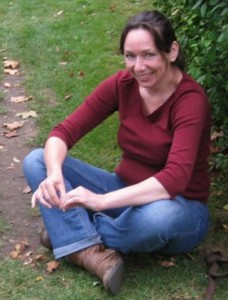
Louise Cole has spent her life reading and writing. And very occasionally gardening. Sometimes she reads as she gardens. She can be seen walking her dogs around North Yorkshire – she’s the one with a couple of cocker spaniels and a Kindle. She read English at Oxford – read being the operative word – and hasn’t stopped reading since.
In her day-job she is an award-winning journalist, a former business magazine editor and director of a media agency. She writes about business but mainly the business of moving things around: transport, logistics, trucks, ships, and people.
Her fiction includes short stories, young adult thrillers, and other stuff which is still cooking.
Her YA and kids’ fiction is represented by Greenhouse Literary Agency and she is also published on Amazon as one of the Marisa Hayworth triumvirate.
Blog Tour
Catch up or follow the rest of this fab blog tour at the following stops!
A huge thank you to Louise Cole and Faye Rogers for asking me to host this fab guest post and having me as part of the fab blog tour!
Have you read the Devil’s Poetry? What did you think? Are you intrigued to go and grab a copy? I would love to hear from you! Why not leave a comment using the reply button above or tweet my on twitter using @chelleytoy!
Happy Reading!
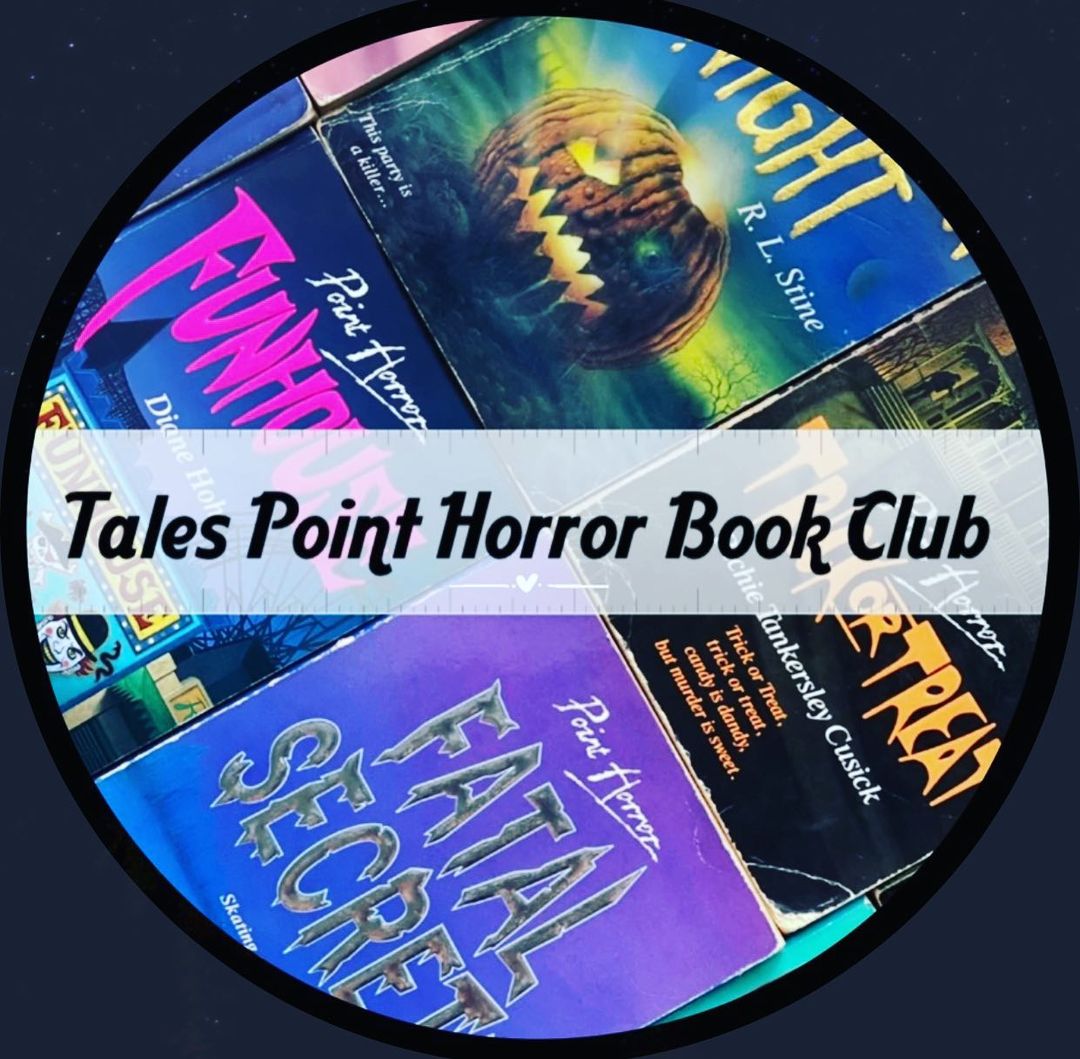
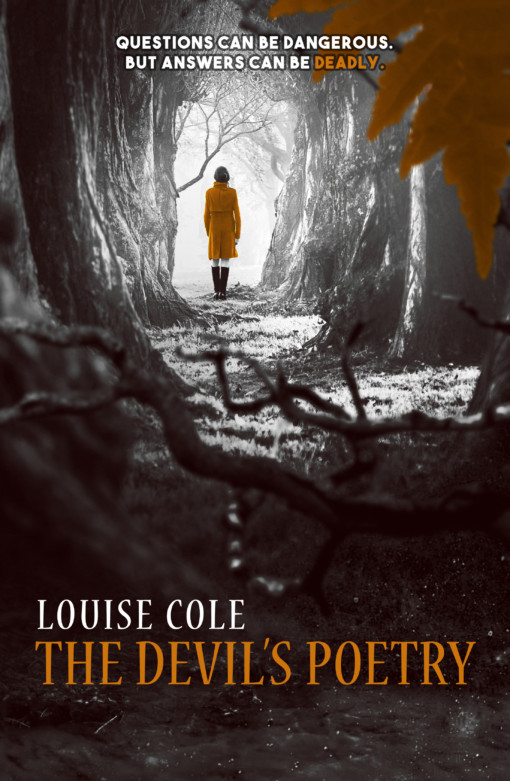
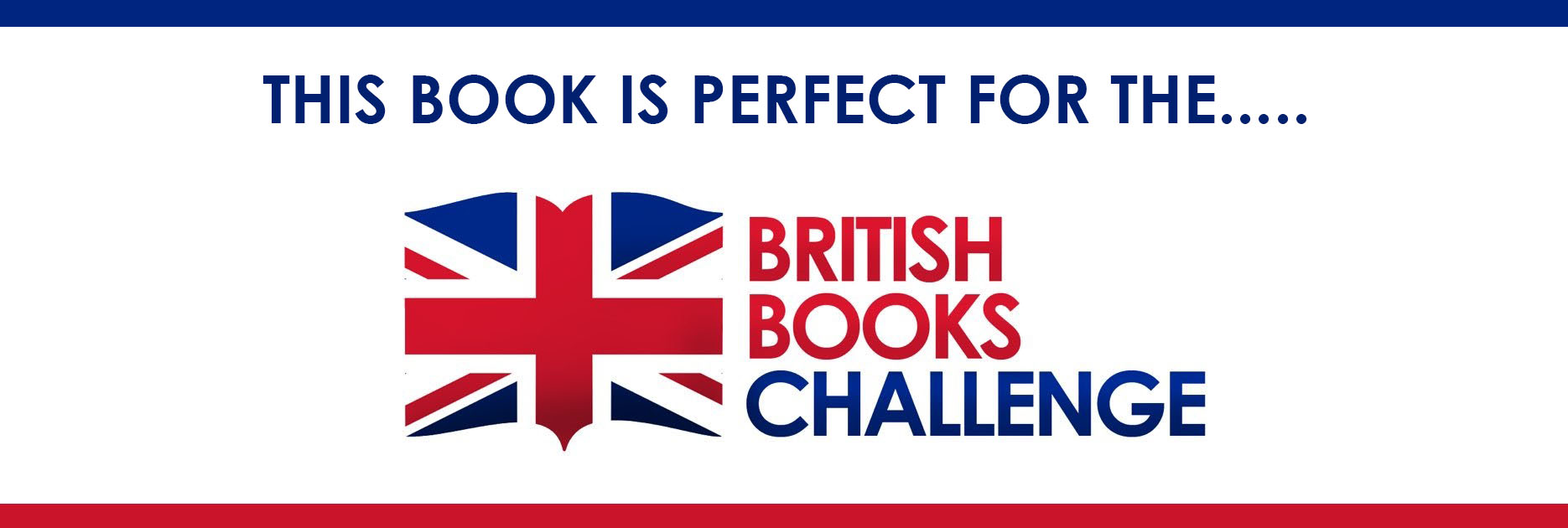
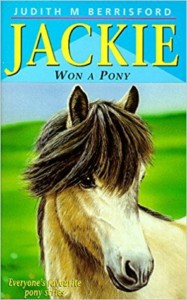
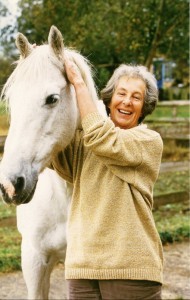
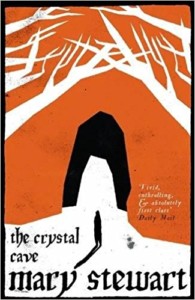
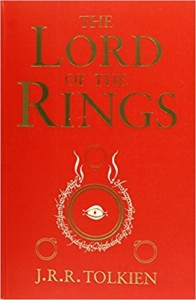
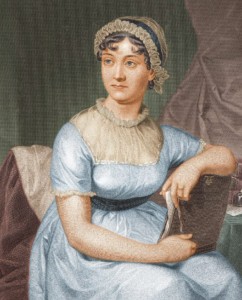
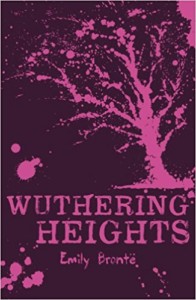
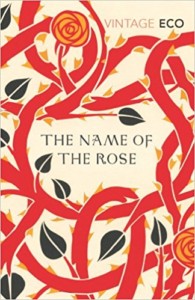
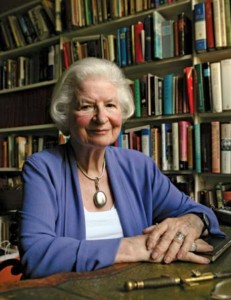
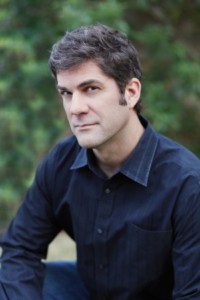





I enjoyed reading Louise Cole’s list of literary influences and was struck by how many I identify with – in particular Monica Dickens, JRR Tolkien for The Lord of the Rings, Jane Austen and Emily Bronte. During my early teens, I used to love reading Monica Dickens’ books such as “My Turn to Make the Tea” and remember I thought she was brilliantly funny. The Lord of the Rings was a cult book when I was at university and it was regularly in our conversations; we talked about the characters as if they were living people. I have long loved and admired Jane Austen, and as for Emily Bronte, I think she is my all-time favourite “real-life literary heroine”; I once did a pilgrimage to Top Withen, inspiration for Wuthering Heights, and also to Haworth Parsonage. Louise’s tastes are similar to mine and her book sounds fascinating too. (I also like to include paranormal in my novels). I shall have to put “The Devil’s Poetry” on my TBR list.